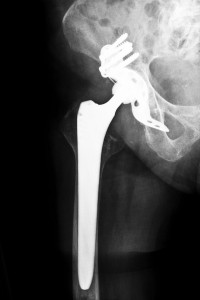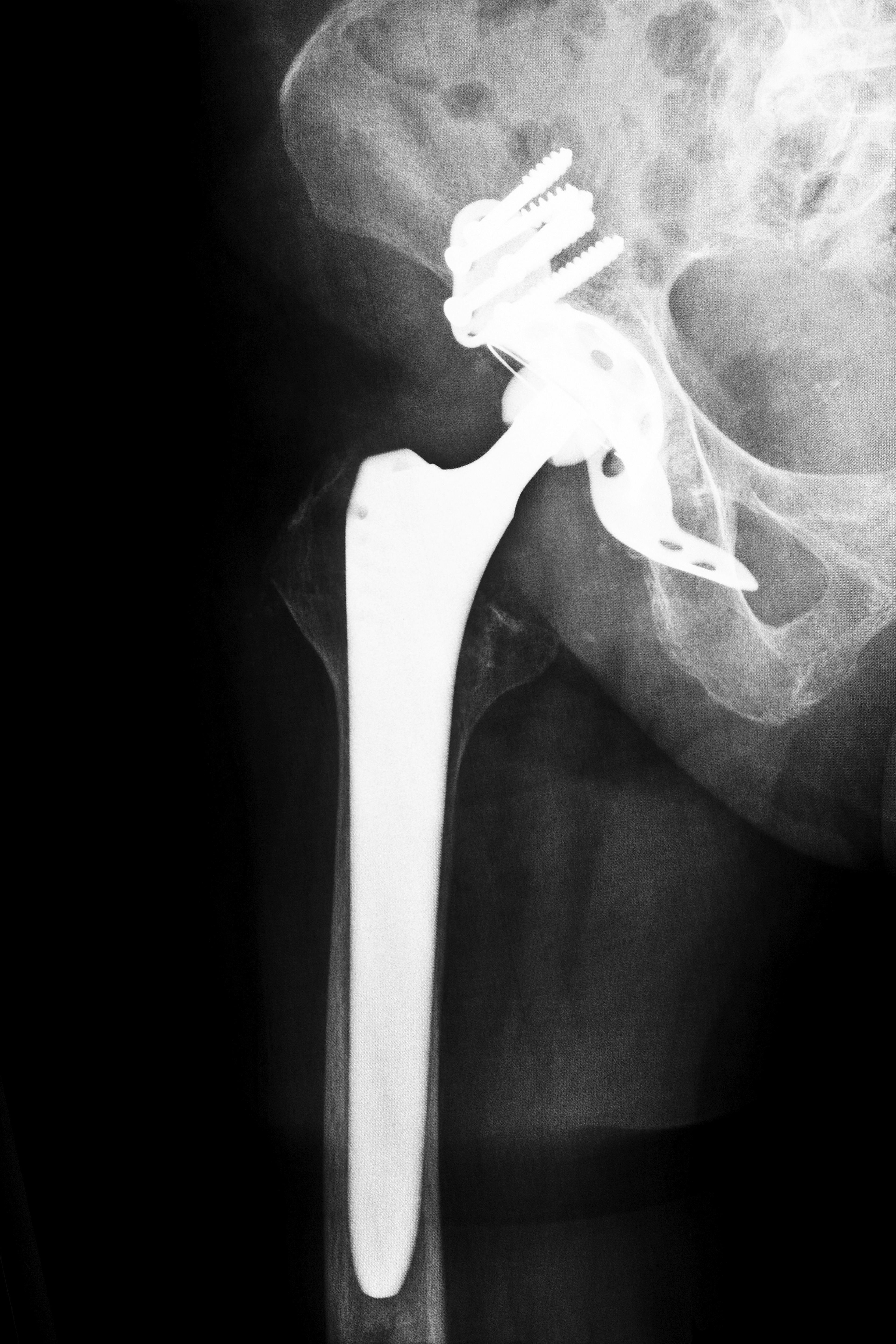 A controversial program that has permitted medical device manufacturers in Texas and elsewhere to bypass certain parts of the Food and Drug Administration (FDA) approval process has been amended by new FDA guidance released on July 28, 2014. For many years, the 501(k) program has allowed manufacturers to skip certain testing requirements by asserting that a newer device was “substantially equivalent” to a previous one. This has resulted in a number of devices not being subjected to testing, and the distribution of these allegedly defective medical devices may have harmed patients in Texas and across the country. In a number of instances, the public has been led to believe that careful and thorough testing of a medical device has occurred prior to FDA approval when the only testing had occurred on an earlier version of a given device.
A controversial program that has permitted medical device manufacturers in Texas and elsewhere to bypass certain parts of the Food and Drug Administration (FDA) approval process has been amended by new FDA guidance released on July 28, 2014. For many years, the 501(k) program has allowed manufacturers to skip certain testing requirements by asserting that a newer device was “substantially equivalent” to a previous one. This has resulted in a number of devices not being subjected to testing, and the distribution of these allegedly defective medical devices may have harmed patients in Texas and across the country. In a number of instances, the public has been led to believe that careful and thorough testing of a medical device has occurred prior to FDA approval when the only testing had occurred on an earlier version of a given device.
The original intent of the program was to streamline the process for both the FDA and the manufacturer when a non-critical item was involved, like a new type of tongue suppressor or Band-Aid. However, the program continued to expand to the point that artificial hip joints, stents, surgical mesh and defibrillators were introduced into the marketplace without normal FDA testing. In such scenarios, a manufacturer would claim that a given device was “substantially equivalent” to one that preceded it in order to avoid the thorough testing of a new medical item that is normally required.
In some instances, such manufacturer claims may not have been true. A device manufacturer would tell the FDA that a medical device was similar to one that it had produced in the past. Then, the manufacturer would go on to make public claims about how “revolutionary” the new device actually was.
The July 28th FDA statement clarifies how the agency will determine if a medical device is actually substantially equivalent to one previously subjected to rigorous clinical trials. The FDA refers to a number of benefit-risk factors that need to be considered when the “substantially equivalent” claim is made. However, some argue that these updated guidelines do not go far enough in closing a perceived loophole in the FDA medical device approval process.
Regardless of the eventual impact of the July 28th updated FDA guidance, some defective medical devices have, over the years, already made their way into the marketplace in Texas and elsewhere, which is how defective medical device lawsuits such as hip replacement lawsuits and transvaginal mesh (TVM) lawsuits have been filed.
Injured by a Defective Medical Device?
If you believe that you or a family member may have been harmed by a defective medical device, such as an artificial hip joint or transvaginal surgical mesh, please contact Attorney Group for Texas today. We are here to answer your questions about defective medical device lawsuits. If you decide to pursue a claim, we can connect you with an affiliated attorney, at no cost to you. Contact us today to learn more.






